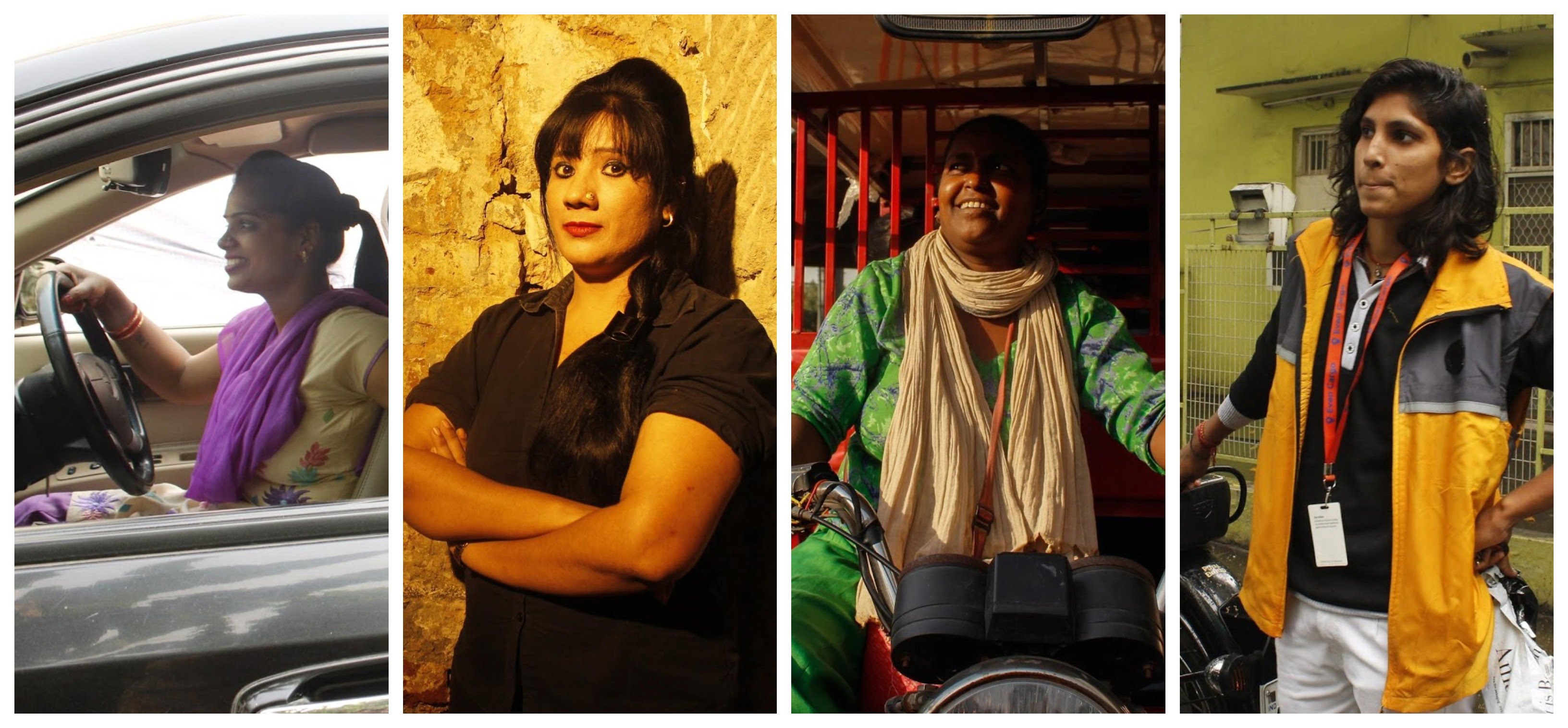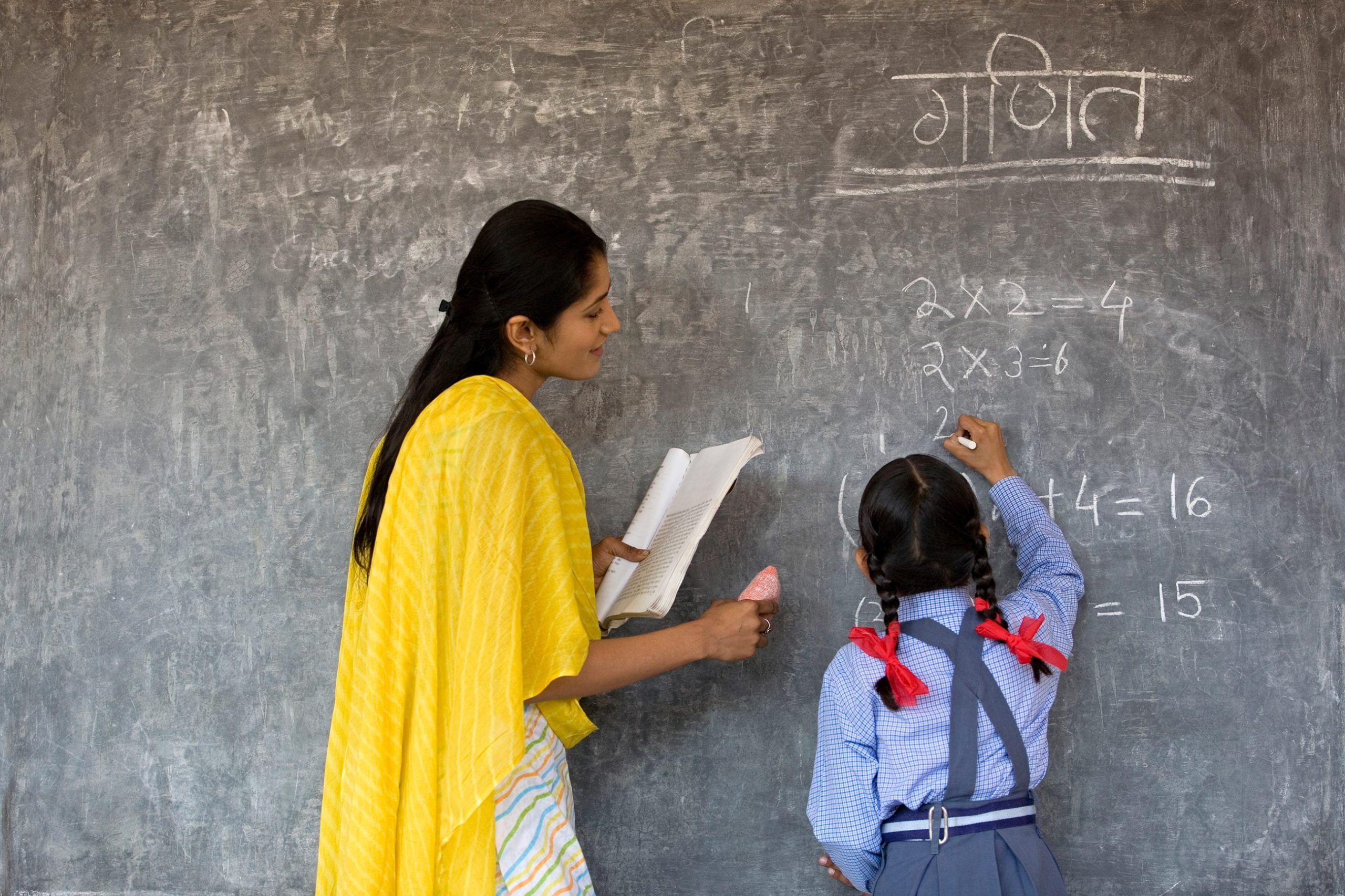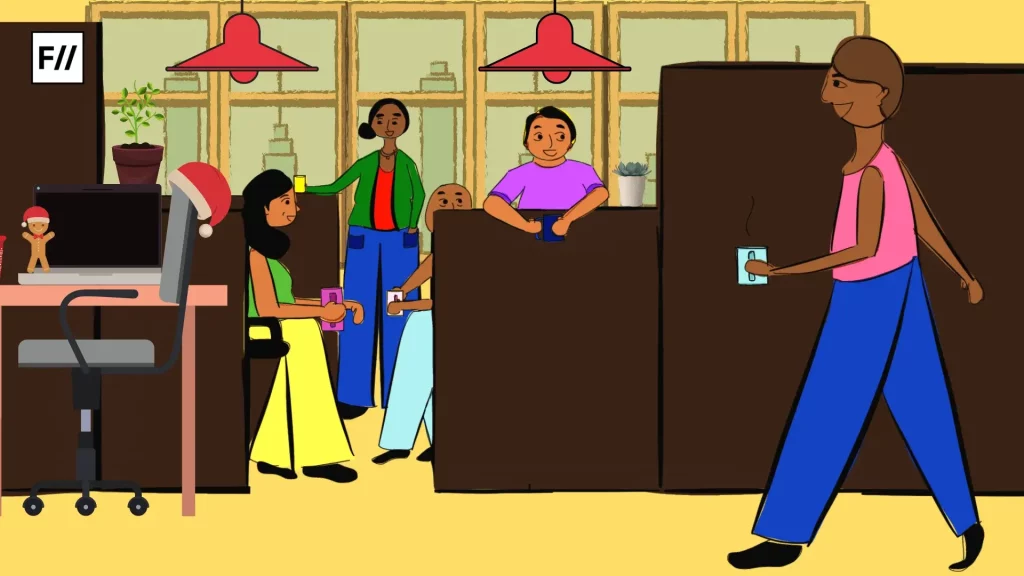Posted by Poorvi Gaur
Women are knocking down stereotypes in previously self-proclaimed male-dominated roles by taking on path-breaking, unstereotypical jobs across sectors that many might term as unconventional choices. Guarding, guiding, driving – it’s all in a day’s work for these women who want to prove that they can do just as much as their male counterparts and maybe even more!
Findings of the National Sample Survey (68th Round,2011-2012) indicate that 24.8 of every 100 women work in rural areas. The corresponding number when it came to men, was 54.3. Women’s participation in the job sector is drastically less in urban areas. To every 54.6 employed men, there are just 14.7 working women.
An article published by the International Labour Organisation (ILO) in the year 2013, commented that unequal employment of men and women is a pattern that dominates the majority of South Asian countries. According to the ILO, while 80 percent of men in South Asia had been recorded to be either employed or searching for jobs, only 32 percent of women seemed to be doing the same. The ILO report also observed that the reason behind the decline of women participation in the workforce in India could be the result of the fact that there are just a handful of sectors that employ women.
Women’s participation in the job sector is drastically less in urban areas.
The struggles, both emotional and physical, are immense. There are times when these bravehearts have felt the urge to leave it all and run, away from the maddening crowd. But the sheer love for their work is the wick that keeps their candle burning. Here are five such women.
1. Binota Gayen (E-Rickshaw Driver)
Meet Binota Gayen, a 44-year-old e-rickshaw driver who will warmly greet you when you walk down the Govindpuri metro station and offer you a safe ride back home. Binota reminisces her life from two years ago before she obtained her driving licence, took a loan to buy an e-rickshaw and pushed herself to be the first woman e-rickshaw driver in the national capital of India. She says,” After working as domestic help for years, I realised what a brutal murder that was of my childhood dream of becoming a driver. The earnings were low and so was my self-esteem. That’s when I decided to start afresh and drive my dreams.”
The journey of becoming an e-rickshaw driver was a tough one
2. Santoshi (Personal Chauffeur)
Driving past Binota, there is another Delhi daredevil – Santoshi, who works as a personal chauffeur to a family in CR park, New Delhi. Her daily routine involves waking up early in the morning to cook lunch for her husband and her mother-in-law and cycling her way to her boss’ house by 7. “I enjoyed driving and was fascinated with cars since childhood. When I told my father that I wanted to be a full-time driver, he never stopped me. It’s been so many years now and I still enjoy my job. In my free time, I put on my earphones and listen to music,” Santoshi says as she spins the car keys in her fingers.
3. Ramdulari (Night Guard)
“To let women be out late is considered to be a social taboo, let alone wanting to work at night. I faced so many problems in my household back then. But today, it is only my job of being a night guard that has kept me from falling down in this men’s world”, says 40-years-old Ramdulari, who is a night guard at a residence in Noida.
4. Mehrunisha (Bouncer)
“When men can train to be the protectors of our society, why is it a joke when young girls ask their fathers the same? When women go out at night to have a good night, I want to be there to guard their safety. We don’t need men to protect us,” says Mehrunisha, a bouncer at Hauz Khas’s famous club, Social.
5. Arti (Delivery Woman)
With modernisation striking each citizen’s doors, it is a pleasant sight to find a delivery woman handing over to you, your Amazon package. Meet the girl-next-door, Arti, a 21-year-old M.Com student, part-timing at Even Cargo’s delivery station as a delivery woman. “I don’t even pay attention anymore, to the customers who tell me this isn’t the most suitable job profile for a young girl like you. To the others, who congratulate me on being a part of this endeavour and encourage me to do this, I say thank you,” says Arti.
Back when she was a child, her family always treated her and her siblings as equals.“Me and my sister were loved the same and beaten up the same amount as a boy would have been, so I don’t understand gender discrimination.”
“I don’t even pay attention anymore, to the customers who tell me this isn’t the most suitable job profile for a young girl like you.”
There are only certain jobs that women get societal approval to do.“Women in India tend to be grouped in certain industries and occupations, such as basic agriculture, sales and elementary services, handicraft manufacturing”, as the report states. Sectors such as security, transhipment, and transportation have not yet seen employment growth, putting a ‘brake’ on women’s participation in the workforce. But there are a few like Ramdulari, Arti, Santoshi, Mehrunisha, and Binota who challenge the status quo in the ‘male-dominated’ sectors and have jumped hurdles to claim their independence, paving way for a revolutionising change in the society.
These women are creating the much-needed ripples in the society, the ripples of change, that are the need of the hour. Our duty as fellow beings and as humane individuals is to create an environment that will lead such women to not fear their safety or dignity when they set out to pursue their professions, no matter how unstereotypical.
“Now you understand
Just why my head’s not bowed.
I don’t shout or jump about
Or have to talk real loud.
When you see me passing,
It ought to make you proud.
I say,
It’s in the click of my heels,
The bend of my hair,
the palm of my hand,
The need for my care.
’Cause I’m a woman
Phenomenally.
Phenomenal woman,
That’s me.”
-Maya Angelous
Poorvi Gaur is currently pursuing her master’s in sonvergent journalism at AJK MCRC, Jamia Millia Islamia. You can follow her on Facebook and Instagram.




